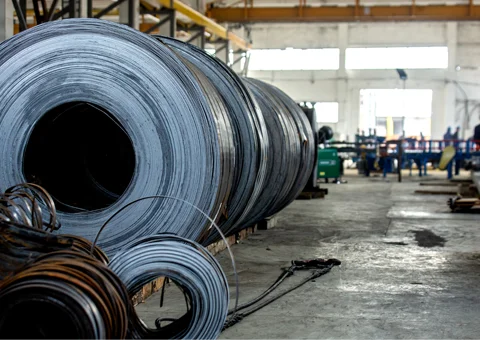BEIJING/SINGAPORE, July 24 (Reuters) - Regional steel trading associations in China are seeking new quality standards for steel rebar, used in construction, to be delayed after news of the rules' planned implementation on Sept. 25 triggered inventory sell-downs, traders and analysts said.
China, the world's largest steel producer and consumer, on June 25 announced the mandatory standards to replace voluntary guidelines in place from 2018, prompting industry players to say they had been given too little time to work through existing stockpiles.
In Zhejiang province, local trade associations gathered on Tuesday and asked China's National Association of Metal Material Trade to request a delay to Jan. 1, 2025, according to a post on the WeChat account of the Hangzhou Steel Trade Industry Association on Tuesday.
"It has exacerbated the sentiment of sell-off activities in a market plagued by high stocks and low demand amid the property downturn," the post added.
Hangzhou is the capital of Zhejiang province, an industrial powerhouse in eastern China.
Some 30 steel trade associations have also sought a delay, consultancy MySteel posted on Wednesday. Production of rebar fell by 11.7% to 102.35 million metric tons in the first six months of this year versus a year ago, dragged down by prolonged weakness in the country's property sector.
Some traders holding rebar inventories have sharply lowered prices to try to attract buyers, fearful that the products will become worthless and not accepted as deliverable cargoes by the futures exchange after Sept. 25, traders and analysts said.
Rebar futures prices have fallen more than 4% in July to their lowest level since early April, while steel ingredients iron ore, coking coal and coke lost more than 6%, 5% and 7% respectively.
"The essence of the problem is that market players feel it's hard to fully draw down the existing inventories within three months at a time when demand is seasonally poor," Jiang Zhenzhen, a Beijing-based analyst at consultancy CRU Group, said.

